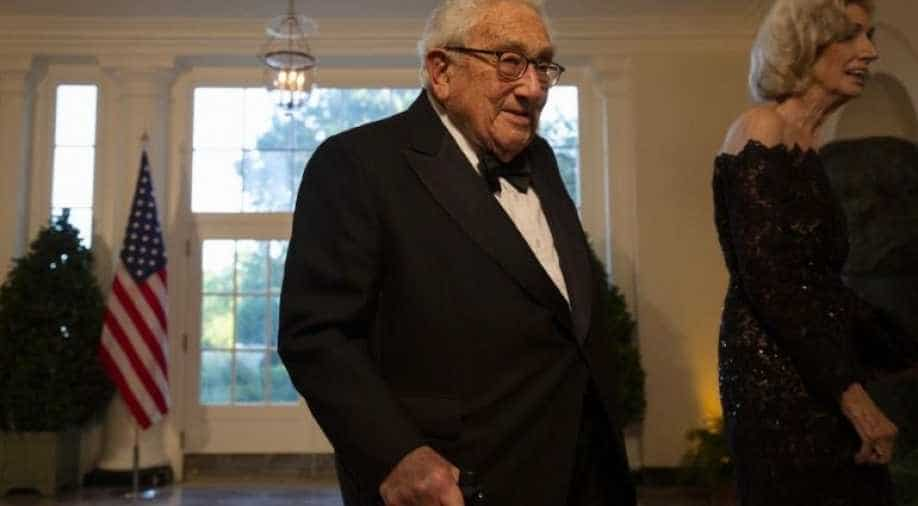Latin America remembers Kissinger's dark legacy bitterly, Chile's 'Pinochet' and his role in Operation Condor
Story highlights
Declassified files published by the NSA underscore Kissinger’s pivotal role in the Chilean coup. But Kissinger's influence extended beyond Chile as he played a role in Operation Condor.
Former US State Secretary Henry Kissinger’s death has sparked a bitter remembrance in Latin America, particularly in Chile, where his involvement in the 1973 coup left a lasting impact, along with his role in Operation Condor.
Juan Gabriel Valdes, Chile’s ambassador to the US, as quoted by the Guardian said, "Henry Kissinger was a man whose historical brilliance was never able to conceal his profound moral wretchedness."
The 1973 coup orchestrated by Kissinger led to the demise of democratically elected socialist president Salvador Allende, paving the way for the brutal dictatorship of General Augusto Pinochet.
trending now
While speaking about Kissinger’s role in disrupting Chile’s constitutional order, historian Gabriel Salazar, said, “He provoked the downfall of [Allende’s] developmental policies and then the installation of the neoliberal economic model which is still in place today – that’s why we associate Kissinger with Pinochet here in Chile.”
Declassified files published by the NSA underscore Kissinger’s pivotal role in the Chilean coup. But Kissinger's influence extended beyond Chile as he played a role in Operation Condor.
Operation Condor was a covert intelligence-sharing and coordination programme that took place in the 1970s and early 1980s among the intelligence agencies of several South American countries. The operation was conducted to eliminate political opposition and left-wing activism across the region.
Peter Kornbluh, senior analyst at the US' National Security Archive, reportedly highlighted Kissinger's disregard for human rights, noting that he embraced repressive regimes as strategic pawns in the global chessboard of the Cold War.
Argentina
Myriam Bregman, an Argentine human rights lawyer, accused Kissinger of encouraging coups and justifying genocidal actions against workers and students in the region.
Kissinger's controversial stance during then US President Jimmy Carter’s pro-human rights presidency further fuelled criticism.
As Latin America is looking back on Kissinger’s dark legacy, the sentiments are one of deep-seated resentment for his role in supporting authoritarian regimes and undermining democratic processes in the pursuit of geopolitical interests.
(With inputs from agencies)

















